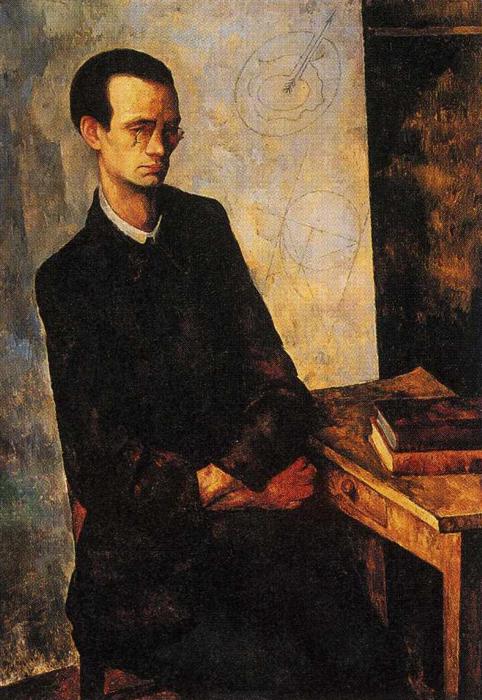
We saw it in crushing deaths of George Floyd and Eric Garner, and the brutal beating of Rodney King, and all those men and women who came before, shackled and stolen, torn from an earth that was once their own.
And the sin and deep shame of racism endures.
But we are told that we can be rid of all those “isms” if we try, through re-education, through reform. If only we are schooled in the right ways to govern the human psyche. But how far off the mark we are. No matter what we call it – racism, sexism, or any other behavior that veers us off the path to parity, a glaring blind spot remains because there is another “ism”, one that must be exposed and examined, one that cuts across race, creed, color, and class. One that came before all the others. It’s what parts us, day in and out, from the openness of the human spirit, and leaves us gutted and wasted in the end.
Elitism is both abstract and mundane. It is a collective of small-mindedness, infectious and virulent; a brutal form of human bondage, self-inflicted; raw.
My own memory is scalded by it, the slap that cuts and binds – by visions of my father – a man plagued by a virulent form of alcoholism. One that left him, for years, bound to street, a vagrant in search of home. And I still remember him like that, sometimes, his arms gathered round gravel and dirt.
“He’s a bum,” some whispered, those who were supposed to be enlightened, those who said they were on my side.
And I learned then that shame is large and tender until it turns, hard and small.
And it’s exile that comes from groupthink, from smallminded elitist thought. Its victims are easily crushed and strewn to the edge of existence, their remains stilled in dirt and memory.
That’s what elitism is, an instigator provoked by groupthink, a provocateur with cultish following. Its the structure and form of divisiveness, the persistent poison of all time. It knows no political stripe or nation. It’s not bound to theme or time.
We see it now, not only in the marginalizing of people by race or color. We see it in the glaring hypocrisy of those who claim to speak for these very people, and all downtrodden, the homeless, the refugees from place and spirit, no matter their race, color or creed. It’s the empty rhetoric of politicians, the feckless voice of bandwagon mentality that stands only for destruction and censorship, and mimics true empathy.
Signs and tokens of false unity are all around us. It’s what we think it takes to get along. Yet how many times does human agency repeat the same bitter actions against another, reflexive and mindless actions that cascade through history, perpetuating human suffering, and ostracizing a group or person.

It is why our world continues to be littered with the shame of indifference. That’s the endgame of the elite – to create an impotent opposition, one that is disenfranchised and weak. Look no further than our great cities – Washington, DC and New York – to see growing legions of homeless citizens, people who are forever exiled from the pulse of human dignity. And see, too, the mindless bureaucrats and politicians, and their blind followers, the onlookers and bystanders who know this, that human exile is powerful when institutionalized, and that elitism fractures and divides.
My father knew that we are beholden to history; that we are imprints and redactions of the past. Still, he rose and fell with vision, hope that was imbedded in him all along.
“Heya, Peg,” he’d say, on those days that he was in particularly rare form. “It’s a nice day for the race!”
It was his signature line, and his eyes jangled with energy and life when he said it. And I would turn my eyes toward him each time.
“What race?” I’d ask.
“The human race!” he’d exclaim. And I would laugh and he would join me. And I knew that my father was a wise and funny man, and that the world must be a wonderful place.

Silence is the voice of mindless followers. An omission that breaks bodies and spirits alike. It is the whole cloth from which atrocities and genocides are made; the fabric of elitism, the sense that one is destined to exist, and the other is not. It masquerades as oneness, as tolerance, all the things we want to hear.
Human history is full of such division, of pogroms and atrocities, massacres and genocide. Some are well-studied and known. The Holocaust, Hutu Massacre, the Darfar genocide in 2003. Bosnia and Herzegovina, 1992.
And so many more have faded from collective memory. Patagonia. The Black War, and the Genocide of the Moriori.
And will we think of the Sel’knam and the Torres Strait Islanders when we remember shame and death?
And what is it, really, but the inability of the individual to stand for what is right? An exodus of will, the collapse of individual spirit.

Yet, we are born to bond with others who are likeminded, to form and cluster around ideals that we hold dear. But that gathering, that will to bind in force of common ideas leads to rupture, to an upending of all that is right. And so aren’t we at once curators of shame and resilience, blight and reform, of things that come to pass?
And I will imagine, one day, that I hear the voice of history, a form with breath and shape. And I’ll know then that we are still small and creedless, forms waiting to reinvent.

And I’ll remember the lessons of history. How we submit to the space that we are given. My own place in the roll of time. And I’ll remember the lessons of childhood, too – my father’s voice, stilled in human form. How his eyes lifted and sung.
And I’ll know that we were each born clutching humanity once. Errant, indispensable. Placeholders for another time time.


 Heffernan Research offers a range of English language tutoring options. Individual and small group sessions are available. Special classes on focused topics, such as essay writing, are also offered throughout the year. Margot works with ESL students as well as individuals who need to enhance specific English language skills.
Heffernan Research offers a range of English language tutoring options. Individual and small group sessions are available. Special classes on focused topics, such as essay writing, are also offered throughout the year. Margot works with ESL students as well as individuals who need to enhance specific English language skills.
 Margot Heffernan has solid and extensive experience writing about a broad range of medical topics. She uses her expertise to provide comprehensive and academically sound papers for medical malpractice, product liability, and personal injury lawyers as well as other professionals who need reliable medical information.
Margot Heffernan has solid and extensive experience writing about a broad range of medical topics. She uses her expertise to provide comprehensive and academically sound papers for medical malpractice, product liability, and personal injury lawyers as well as other professionals who need reliable medical information.